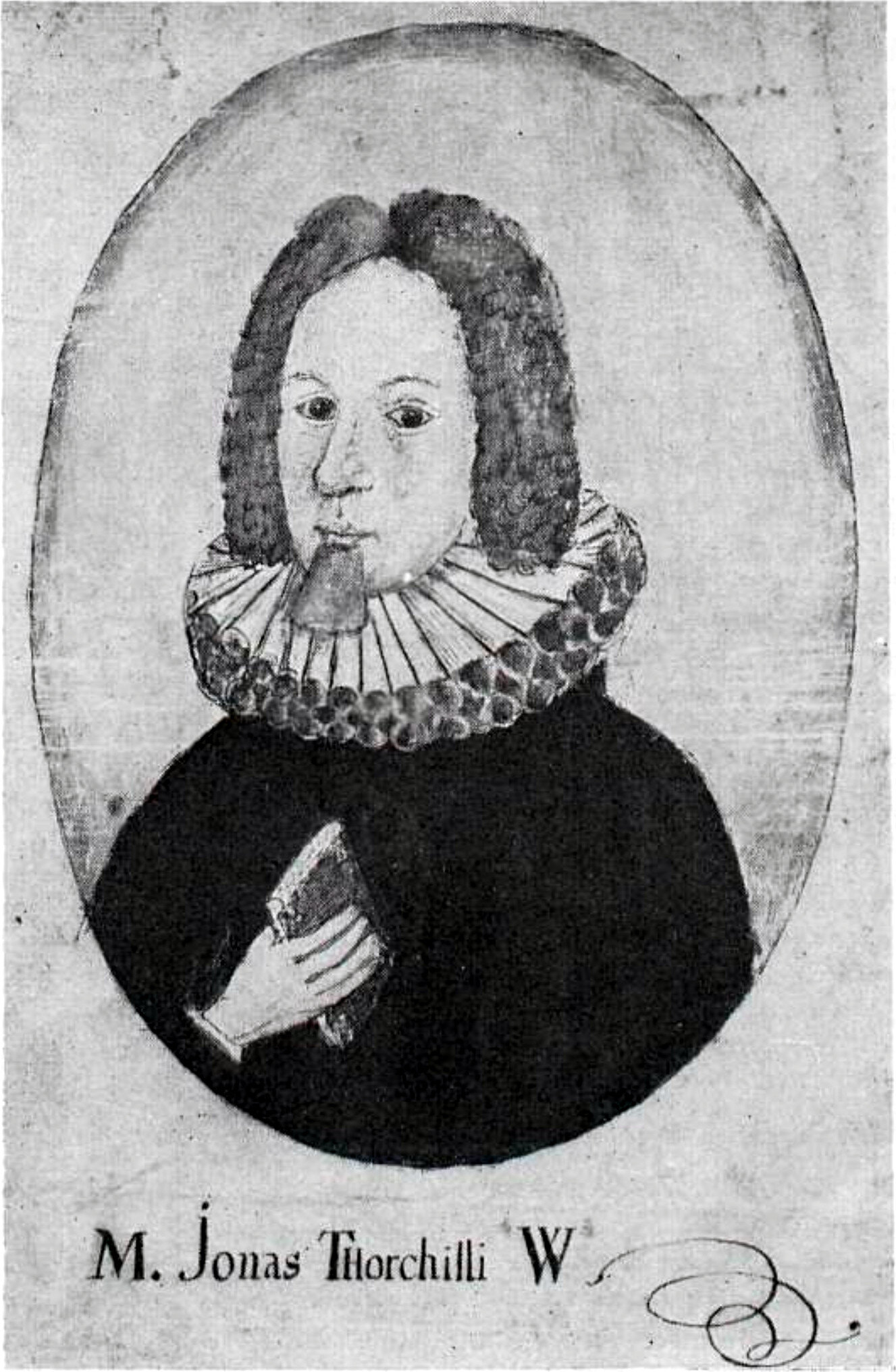Slovakia is clinically depressed.
Or so I must infer, judging from Balla’s novel Big Love, first published in Slovakia in 2015 and now available in English (thanks again to the tireless efforts of the Sherwoods). Consider this brief excerpt:
“He was burnt out.
“But how could he find a job, burnt out as he was?
“And what for?
“He had a full-time job with himself, he was preoccupied with getting through the basic functions necessary to live.
“He got out of bed but went on sleeping.
“He was permanently asleep or half asleep—unawakened, unawakened, unawakened—and as he kept turning this phrase over in his head he gave a sudden start and realized he had fallen asleep on the office toilet.” (p. 103)
That’s pretty much a textbook description of clinical depression; it’s also the novel’s plot, insofar as it has one at all. The “protagonist” Andrič sleepwalks through life, aimlessly and pointlessly. He is possessed by the dreary inability to believe in anything, be convinced of anything, or commit to anything, even to his own hedonistic self-interest.
As such, Andrič misses out on the good and rewarding relationship right in front of him with Laura. The problem is their metaphysical mismatch: she is pointed up, and he is pointed down. We can give Andrič credit, at least, for not dragging her down with him, a common enough strategy among the chronically failing-to-thrive. But nothing Laura can do, and for that matter nothing that Andrič can do, will change his direction. You can’t talk someone out of depression.
I wish I could talk Balla out of writing novels about depression…
Read more








